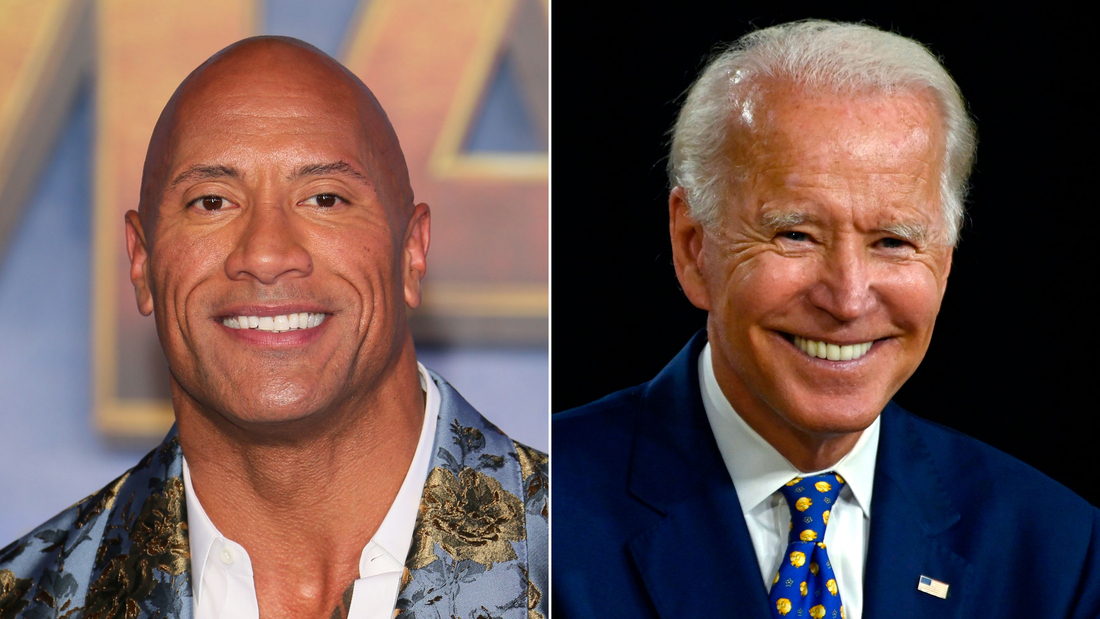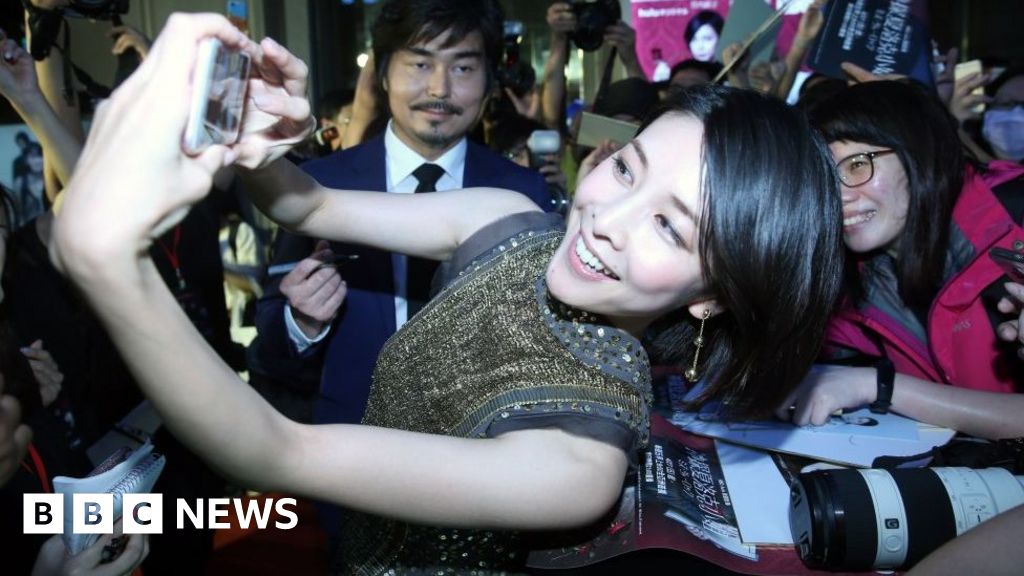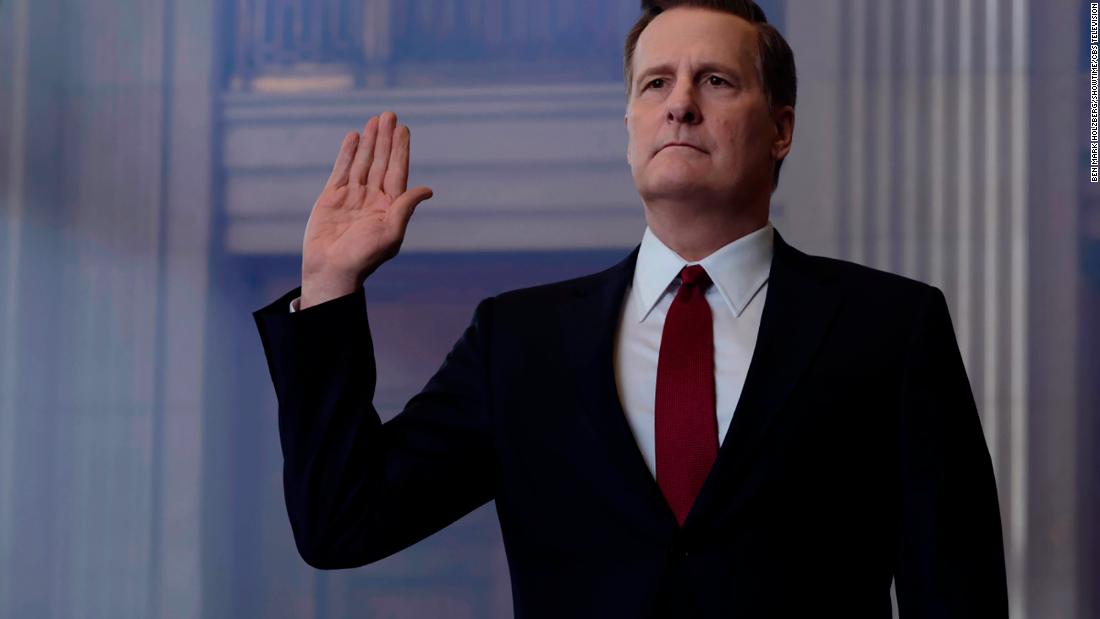(CNN)The show must go on, and the Daytime Emmys and BET Awards both did with virtual at-home presentations over the weekend. Those telecasts provided additional clarity about the form award shows will take in the near future -- a passable if imperfect solution to the logistics of the coronavirus pandemic, with obvious drawbacks but some notable strengths.
For starters, it's not like award shows represent a flawless genre. Indeed, it often seems that half the people who watch do so just to mock them and gripe, both about the winners selected and the shows themselves.
A primary lure of these ceremonies has been the promise of spontaneous moments: the exultation and acceptance speeches, and the weird alchemy that combination can produce in a live setting. A secondary attraction -- and really the bigger one for many -- is the spectacle of it all, including who wore what.
Awards in the age of coronavirus don't provide much of that -- sacrificing the rush that goes with the thrill of victory, broadcast live.
In each show, winners were notified and allocated time to offer their thank-yous. The absence of an audience sapped what would have been emotional, crowd-pleasing moments, such as Alex Trebek accepting his award for "Jeopardy!" amid his battle with cancer.
Still, there are advantages associated with transforming these programs from live events into more produced affairs. That proved especially true of the BET Awards, which orchestrated the entire telecast around a coherent theme and the current push for racial justice.

The deft use of clips brought additional production value to both shows. The BET Awards cleverly featured host Amanda Seales in different outfits in a variety of projected backgrounds, as demonstrated by the green screen shown behind her at the very end.
Even the recorded acceptance speeches gave several recipients the opportunity to prepare something of substance -- reflecting all that's going on in the world -- beyond the usual litany of thanks to agents, managers and executives frequently issued from the stage in the heat of the moment.
The at-home setting also allows for additional intimacy, such as Jason Thompson of "The Young and the Restless" accepting an Emmy with his young kids laughing alongside him -- hokey, sure, but cute nonetheless -- or "Days of Our Lives'" Olivia Rose Keegan having friends and family hold signs aloft that read "Justice for All" and "I Only Have 30 Seconds."

Admittedly, the at-home construction is already yielding diminishing returns. Most of the major award shows -- including the Oscars and Golden Globes -- have postponed their dates by a few months in 2021, hoping they'll be able to employ more traditional presentations.
Necessity, in this case, really has been the mother of invention. Yet with the Emmys coming up in September, these latest telecasts -- coupled with what's been learned from other at-home specials during the coronavirus outbreak -- seemingly provide a workable blueprint for other awards until that's possible. (The Daytime Emmys drew about 3 million viewers Friday on CBS, but because they haven't aired on a network since 2015, there's little basis for comparison.)
During those awards, "Sesame Street" executive producer Benjamin Lehmann closed his acceptance speech for the long-running children's program by saying hopefully, "Next year in person?"
"Next year in person" would be welcome for a host of reasons that have nothing to do with which showbiz figures receive a trophy. Until then, these award shows demonstrated that it's possible to get through the process in a way that honors the recipients and potentially engages an audience -- just in a different manner, for a very different time.

 5 years ago
737
5 years ago
737 

